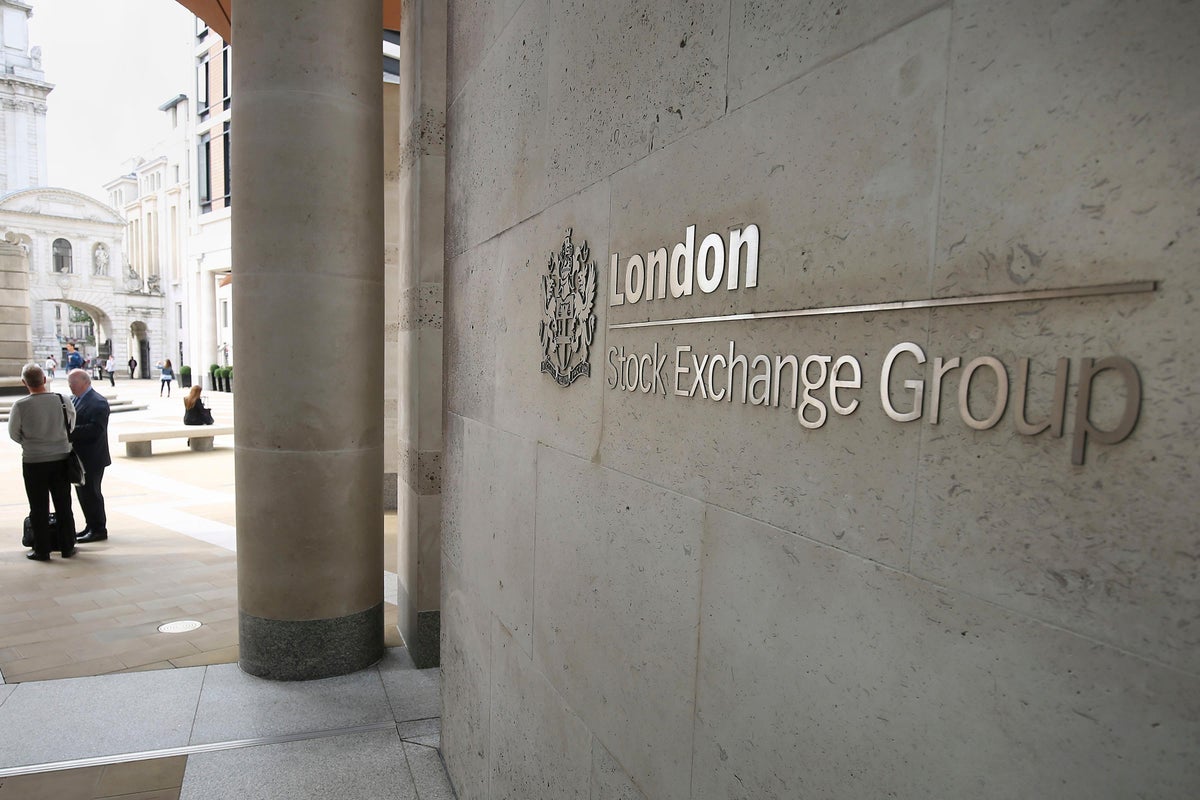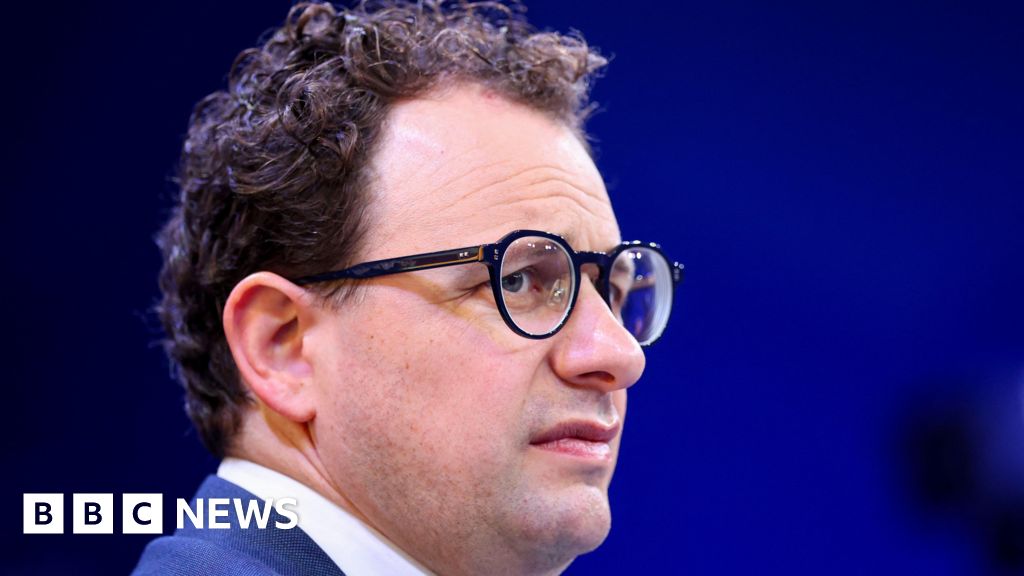Business
Tesco delivers but FTSE ends four-day winning run

Blue chips snapped a four-day hot streak in London on Thursday, despite strong gains by Tesco, but remained in touching distance of Wednesday’s record highs.
The FTSE 100 Index closed down 18.70 points, 0.2%, at 9,427.73.
The FTSE 250 ended down just 2.40 points at 22,047.30, and the AIM All-Share advanced 2.54 points, 0.3%, at 788.95.
Investors in Tesco received a double dose of good news with better-than-expected first-half trading and a report suggesting that UK retailers are set to escape the top business rate tax band.
Shares in the Welwyn Garden City-based food retailer climbed 5.3%, the biggest riser on the FTSE 100.
Financial Times sources said the Treasury was moving to take large retail premises out of the highest bracket of the property levy after a recent “tense” meeting with chief executives on the issue.
Last year the Government proposed increasing business rates on properties with a rateable value of more than £500,000 to afford making a discount for small retail and hospitality premises permanent.
The British Retail Consortium has said up to 400 stores, including larger department stores, could shut if the higher rate goes through.
The report came as Tesco raised profit guidance after a better-than-expected first half, with the good weather helping to shrug off the impact of rising costs and intense competition.
“Competitive intensity remains elevated. However, in the first half, a better-than-expected customer response to our actions and the benefit of an extended period of good weather have helped offset the cost of our investments,” Tesco said in a statement.
Pre-tax profit at Tesco fell 6.3% to £1.31 billion in the 26 weeks to August 23 from £1.39 billion a year ago.
But adjusted operating profit rose 1.5% to £1.67 billion from £1.65 billion, beating Visible Alpha consensus of £1.56 billion, while adjusted diluted earnings per share jumped 6.8% to 15.43 pence from 14.45p.
Reflecting the better-than-expected performance, Tesco raised full-year adjusted operating profit guidance to between £2.9 billion and £3.1 billion, up from the previous range between £2.7 billion and £3.0 billion.
Jefferies analyst Frederick Wild said Tesco’s strong first half and guidance upgrade “caps a remarkable period of market share momentum, inflationary help, and weather-driven consumer spending uplift”.
Russ Mould, investment director at AJ Bell, said Tesco’s position at the top of the UK supermarket pecking order looks “more entrenched than ever”.
The pound was quoted lower at 1.3415 US dollars at the time of the London equity market close on Thursday, compared with 1.3477 US dollars on Wednesday. The euro stood at 1.1697 US dollars, down against 1.1729 US dollars. Against the yen, the dollar was trading at 147.37 yen, higher compared with 147.15 yen.
On Friday, the Government is preparing for new economic forecasts from the Office for Budget Responsibility (OBR) which are likely to set the scene for tax rises at the November Budget.
The Financial Times said Labour officials fear a productivity downgrade by the OBR alone could put a dent of up to £18 billion in the public finances, contributing to an overall fiscal hole of around £30 billion.
The FT said the OBR will on Friday formally submit to the Chancellor Rachel Reeves its initial pre-measures forecasts for the economy and public finances.
These will provide an early indication as to the shortfall.
In European equities on Thursday, the CAC 40 in Paris closed up 1.1%, while the DAX 40 in Frankfurt advanced 1.3%.
Stocks in New York were mixed at the time of the London close.
The Dow Jones Industrial Average was down 0.2%, the S&P 500 index was 0.1% lower and the Nasdaq Composite 0.2% higher.
The yield on the US 10-year Treasury was quoted at 4.11%, trimmed from 4.13% on Wednesday.
The yield on the US 30-year Treasury stood at 4.70%, narrowed from 4.72%.
Joshua Mahoney, at Rostro, noted the ongoing federal government shutdown appears to be having little impact on market appetite for risk.
But he pointed to a White House memo which warned that the economy loses around 15 billion dollars in GDP for each week the government remains shut, a “sizeable headwind if the deadlock lingers”.
Back in London, 3i Group gained 4.0% after UBS raised the private equity and venture capital company to “buy” from “neutral”, and upped its price target to 4,700p from 4,450p.
UBS believes a slowdown at Netherlands-based retailer Action is “coming to an end”, making 3i’s shares more attractive.
Action is the largest portfolio asset at 3i, which UBS believes trades “as a proxy” for the retailer.
But Experian slumped 4.2% after Fair Isaac, a software firm, announced a new programme which would give mortgage lenders the option to calculate and distribute FICO credit scores directly to customers.
Citi analysts explained that as “things stand today, credit bureaus (Experian, Equifax, TransUnion) sell the data and the FICO score to a tri-merge (merging the three reports).”
The broker noted Fair Isaac’s press release states that it is working to license its algorithm to the resellers, enabling them to pass these on to their customers, implying that this would cut out the margin that the likes of Experian and Equifax make on the FICO credit score itself.
“Our initial reaction is that this is negative for Experian and Equifax,” Citi said.
Analysts at Jefferies estimate that Fair Isaac’s new models could hurt credit bureau earnings by an average of 10% to 15%.
“By introducing a licensing programme for tri-merge resellers, Fair Isaac is effectively taking away the ability of the credit bureaus to mark up the FICO score. For the bureaus to take price, they will now have to directly negotiate with the lenders, as well as compete with each other,” Jefferies explained.
Equifax was also marked down, dropping 9.3%, while Transunion fell 12%.
Fair Isaac shares soared 21%.
BT Group fell 2.5% as Exane BNP cut the company to “underperform” from “neutral” and lowered its price target for the telecommunications provider to 150p from 160p.
Diageo edged up 0.7% on a report that the US is considering easing tariffs on Scotch whisky, a potential boost for the Johnnie Walker owner.
Brent oil continued its weak run, trading at 64.42 dollars a barrel on Thursday, down from 65.53 dollars late on Wednesday.
Gold traded at 3,830.85 dollars an ounce on Thursday, down against 3,862.37 dollars on Wednesday.
The biggest risers on the FTSE 100 were Tesco, up 22.7p at 452.4p, 3i, up 168p at 4,310p, Rentokil Initial, up 9.8p at 387.2p, Croda, up 69p at 2,838p and ICG, up 54p at 2,268p.
The biggest fallers on the FTSE 100 were Experian, down 155p at 3,520p, BT, down 5.8p at 185.7p, Coca-Cola Europacific Partners, down 190p at 6,580p, WPP, down 10.4p at 360.4p and Fresnillo, down 64p at 2,290p.
Friday’s global economic calendar has a slew of composite PMIs readings, including in the eurozone and the UK.
Friday’s UK corporate calendar has full-year results from pub operator JD Wetherspoon.
Contributed by Alliance News
Business
Anthropic boss rejects Pentagon demand to drop AI safeguards

Defense Secretary Pete Hegseth previously threatened to remove the firm from the department’s supply chain.
Source link
Business
Stocks To Watch: Vishal Mega Mart, Axis Bank, Jio Financial Services, Hindalco, Vedanta, And Others

Last Updated:
Stocks to watch: Shares of firms like Vishal Mega Mart, Axis Bank, Jio Financial Services, Hindalco, Vedanta, and others will be in focus on Friday’s trade


Stocks To Watch on February 27
Stocks to Watch Today, February 27, 2026: Indian equities are likely to open on a cautious note amid mixed global cues. As of 7:41 AM, GIFT Nifty futures were trading 87 points lower at 25,549.
Vishal Mega Mart: Promoter Samayat Services is reportedly looking to offload up to a 6.5 per cent stake via a block deal. The transaction is valued at around Rs 3,507.5 crore, with a floor price of Rs 115 per share.
Axis Bank: The private sector lender has approached the Reserve Bank of India (RBI) seeking approval to retain a higher stake in its subsidiary, Axis Finance, with only limited dilution proposed.
Netweb Technologies: The company has partnered with Vertiv to develop advanced liquid-cooled rack solutions for AI-focused data centres in India.
Jio Financial Services: The company has infused Rs 2,000 crore into its subsidiary, Jio Credit Ltd, to fund business expansion and growth plans.
Hindalco: The acquisition of AluChem Companies, Inc. through Aditya Holdings LLC has been temporarily delayed after the CFIUS review in the US was paused due to a partial federal government shutdown.
Info Edge: The board has approved a commitment of Rs 250 crore to the newly launched B8 Fund I, a growth-stage fund aimed at strengthening its presence in India’s startup ecosystem.
Reliance Communications: The CBI has reportedly registered a fresh case against Anil Ambani and the company for allegedly defrauding Bank of Baroda of over Rs 2,220 crore between 2013 and 2017.
Ircon International: The Patna High Court has dismissed the company’s writ petition related to VAT assessments for the Ganga Bridge Project (FY11–FY17), upholding a demand of Rs 108.75 crore. Of this, Rs 27.39 crore has been paid, leaving an outstanding Rs 81.36 crore plus interest.
NBCC: The state-run firm has secured project management consultancy orders worth about Rs 775.27 crore (excluding GST) from the Delhi Development Authority (DDA) for redevelopment projects in New Delhi.
MSTC: The company has emerged as the lowest bidder for a Coal India tender to act as an external service provider for non-regulated sector (NRS) linkage auctions for three years.
Onesource Specialty Pharma: The NSE and BSE have issued no-objection letters for the proposed merger and arrangement involving Steriscience Specialties, Brooks Steriscience and Strides Pharma Services.
Vedanta: ICRA has assigned an ‘ICRA AA’ rating to the company’s NCDs with a ‘Watch Developing’ outlook. It also reaffirmed the long-term rating at ‘ICRA AA’ (Watch Developing) and the short-term rating at ‘ICRA A1+’.
BPCL: The oil marketing company has incorporated a wholly owned subsidiary in Singapore — Bharat Petroleum Global Energy Services — to set up a trading desk for crude oil, natural gas and petrochemical products.
Brigade Enterprises: The company has partnered with Primus Senior Living to develop three senior living communities in South India, with an estimated gross development value of Rs 750 crore.
Apeejay Surrendra Park Hotels: The firm has signed a management agreement with Luxmi Tea Co. to operate a 100-room premium hotel under “The Park” brand in Siliguri, West Bengal.
GMDC: The company has signed an MoU with NTPC to jointly explore opportunities in coal and lignite gasification, along with related downstream projects.
Follow News18 on Google. Join the fun, play games on News18. Stay updated with all the latest business news, including market trends, stock updates, tax, IPO, banking finance, real estate, savings and investments. To Get in-depth analysis, expert opinions, and real-time updates. Also Download the News18 App to stay updated.
February 27, 2026, 08:21 IST
Read More
Business
Consumer confidence falls despite easing inflation

Consumer confidence has fallen in a blow for retailers as customers veer away from big-ticket purchases, figures show.
GfK’s long-running Consumer Confidence Index dropped three points to minus 19 in February to a level last seen in November, despite easing inflation.
The decline was mainly driven by weaker perceptions of personal finances – looking back over the last year and ahead to the next 12 months – which both fell by four points.
The major purchase index – an indicator of confidence in buying big-ticket items – also fell by four points, to minus 14.
Expectations for the general economy over the next 12 months remained unchanged at minus 31 – the same as the score a year ago.
Meanwhile, a measure of confidence in saving money, which is part of the survey but does not contribute to the overall score, fell seven points to 21 – nine points lower than last year.
Neil Bellamy, consumer insights director at GfK, said: “Fewer people say that now is a good time to make major purchases and fewer consumers intend to save money.
“Although the rate of inflation is easing, prices continue to rise, forcing many households to prioritise day-to-day spending over longer-term needs.
“Views on the broader economy remain firmly in negative territory, with consumers anticipating only limited economic growth this year.
“Unemployment has now reached its highest level in nearly five years, and this is increasing concerns about job security, particularly given the backdrop of weak wage growth. With fewer entry-level opportunities available, those on lower incomes are already feeling the strain, and this trend risks undermining the typically more optimistic outlook held by younger age groups.”
-

 Tech1 week ago
Tech1 week agoA $10K Bounty Awaits Anyone Who Can Hack Ring Cameras to Stop Sharing Data With Amazon
-

 Fashion7 days ago
Fashion7 days agoICE cotton ticks higher on crude oil rally
-

 Business7 days ago
Business7 days agoUS Top Court Blocks Trump’s Tariff Orders: Does It Mean Zero Duties For Indian Goods?
-

 Tech1 week ago
Tech1 week agoDonald Trump Jr.’s Private DC Club Has Mysterious Ties to an Ex-Cop With a Controversial Past
-

 Business6 days ago
Business6 days agoEye-popping rise in one year: Betting on just gold and silver for long-term wealth creation? Think again! – The Times of India
-

 Sports6 days ago
Sports6 days agoKansas’ Darryn Peterson misses most of 2nd half with cramping
-

 Fashion7 days ago
Fashion7 days agoIndia’s $28 bn reset: How 5 trade deals will reprice its T&A exports
-

 Entertainment6 days ago
Entertainment6 days agoViral monkey Punch makes IKEA toy global sensation: Here’s what it costs






